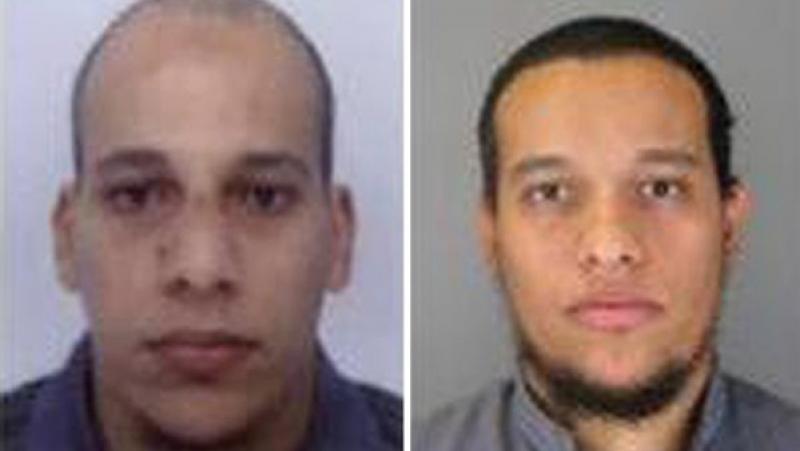/ world today news/ One of the suspects in the attack on the editorial office of the French satirical publication “Charlie Hebdo” was trained in an “Al-Qaeda” camp in Yemen, reports in The New York Times.
According to an American representative quoted by the New York Times, in 2011 34-year-old Said Kouashi was trained for several months in one of the terrorist bases before returning to France. His training program included the use of firearms as well as the preparation of explosive devices.
CNN reported that the brothers Saeed and Sherif Kaushi were listed in the US terrorist database and on the list of people who are prohibited from landing on planes in the US. /TASS
#attackers #Charlie #Hebdo #trained #Qaeda #Yemen
**In light of the revelations surrounding the attackers’ backgrounds and motivations, how can societies balance the imperative of protecting freedom of expression with the need to prevent violence stemming from perceived insults to religious beliefs without leading to self-censorship?**
## World Today News: Interview on the Charlie Hebdo Attack
**Introduction:** Welcome to World Today News. Today, we’re discussing the recent attack on the Charlie Hebdo offices in Paris, focusing on the revelations about one of the suspect’s training. We’re joined today by Dr. Omar El-Amin, a leading expert on Middle Eastern terrorism, and Ms. Claire Dubois, a journalist specializing in French affairs.
**Section 1: The Training Connection**
* **Dr. El-Amin**, the article mentions Said Kouashi’s training in an Al-Qaeda camp in Yemen. Could you shed some light on the significance of this connection? What kind of training do such camps typically offer, and how might this have contributed to the attack?
* **Ms. Dubois**, how has the revelation of Kouashi’s training been received in France? Does this change the public understanding of the attack, and if so, how?
**Section 2: Counter-terrorism Measures**
* **Dr. El-Amin**, knowing the brothers were listed on US terrorist watchlists, does this raise questions about the effectiveness of international counter-terrorism efforts? What steps could be taken to prevent individuals with known extremist ties from carrying out such attacks?
* **Ms. Dubois**, what are the implications of this attack for France’s domestic security policies? How might this tragedy influence the French government’s approach to counter-terrorism measures?
**Section 3: Freedom of Speech and Extremist Backlash**
* **Ms. Dubois**, Charlie Hebdo has a history of publishing controversial cartoons, often targeting religious figures. How does this attack highlight the delicate balance between freedom of speech and the potential for inciting violence?
* **Dr. El-Amin**, do you believe this attack reflects a growing trend of extremist violence against perceived insults to religious beliefs? What measures, if any, can be taken to address this issue without curtailing freedom of expression?
**Conclusion:** The attack on Charlie Hebdo is a tragic reminder of the enduring threat posed by terrorism. We thank Dr. El-Amin and Ms. Dubois for sharing their insights on this complex and multifaceted issue. We hope this discussion encourages further reflection and dialog on the challenges facing our world today.


